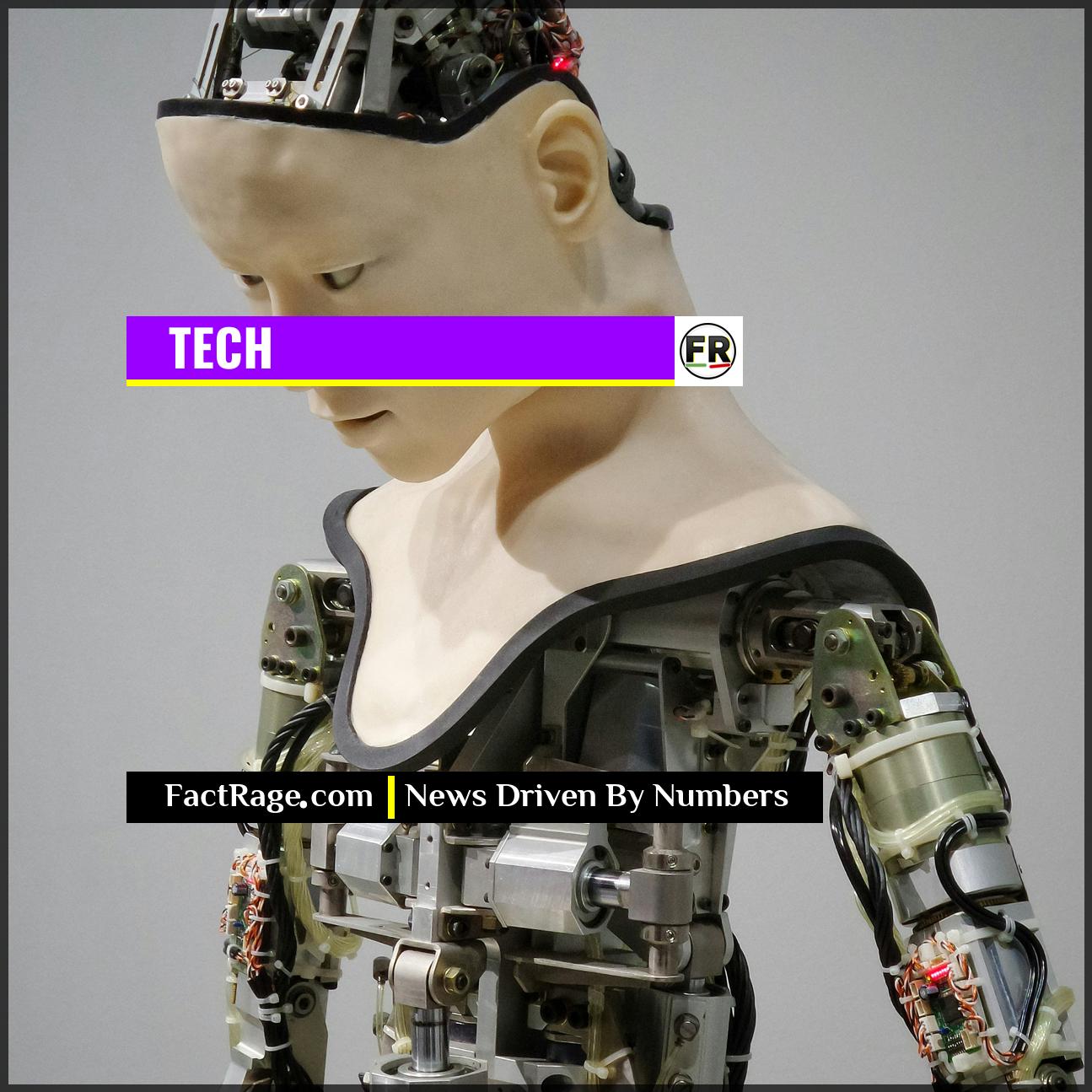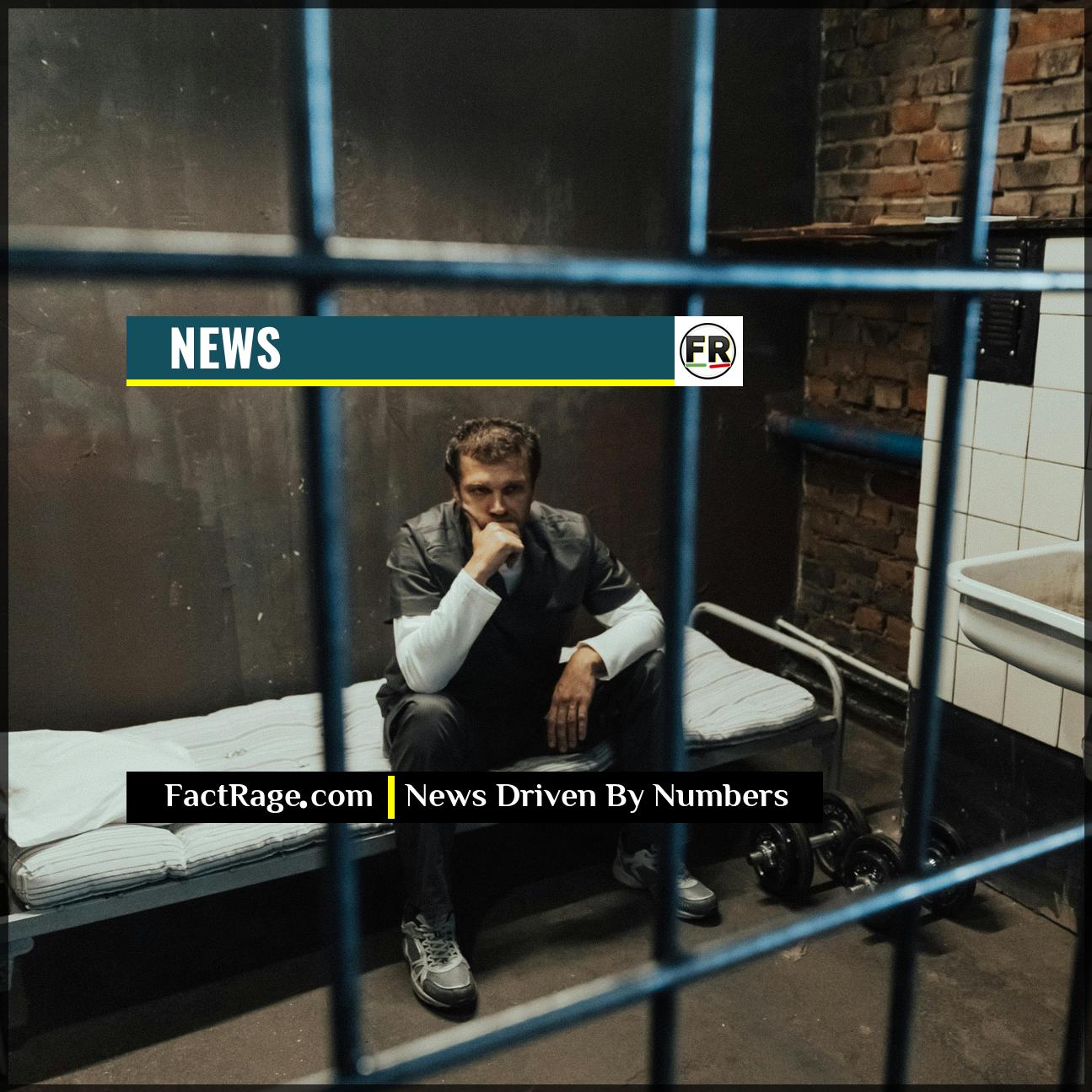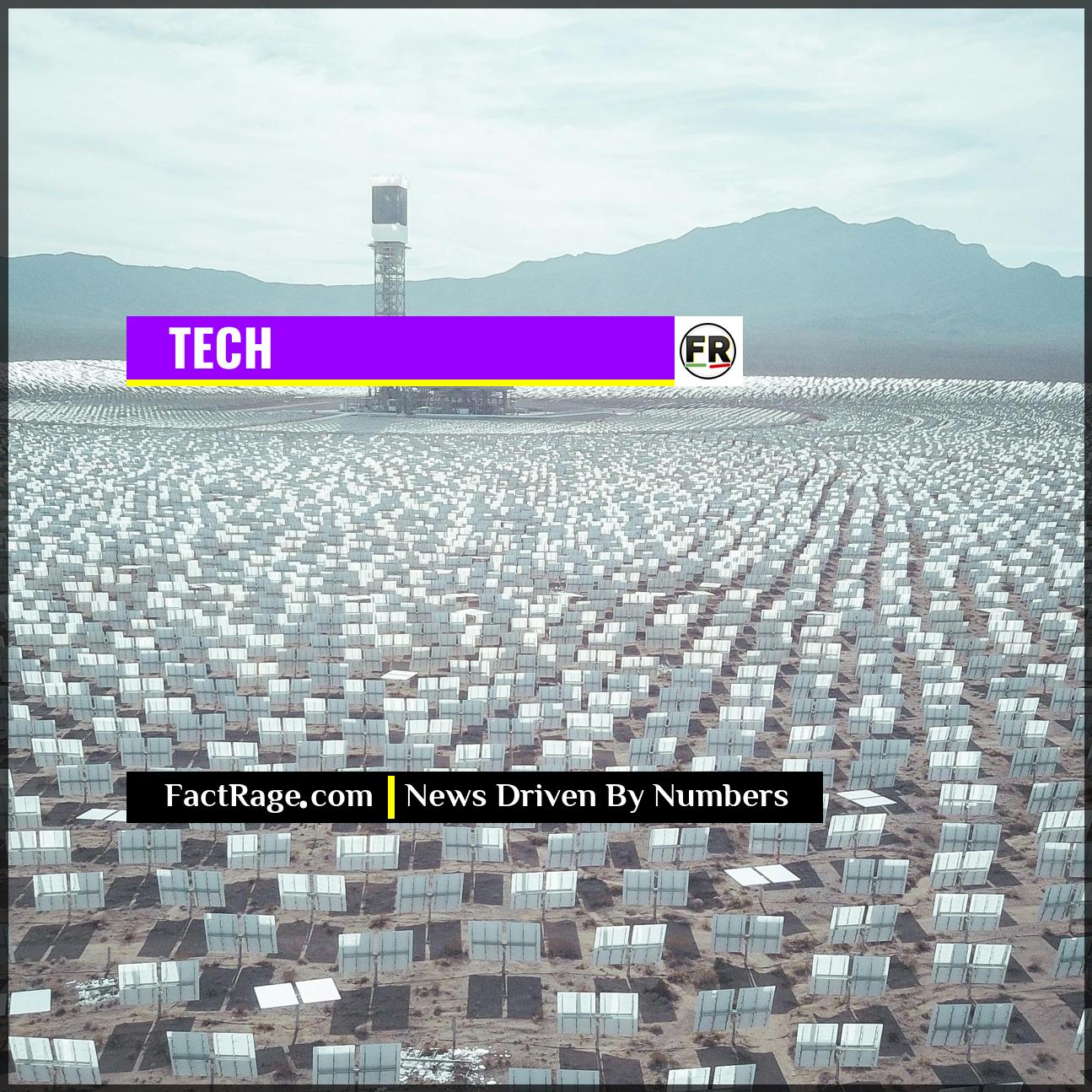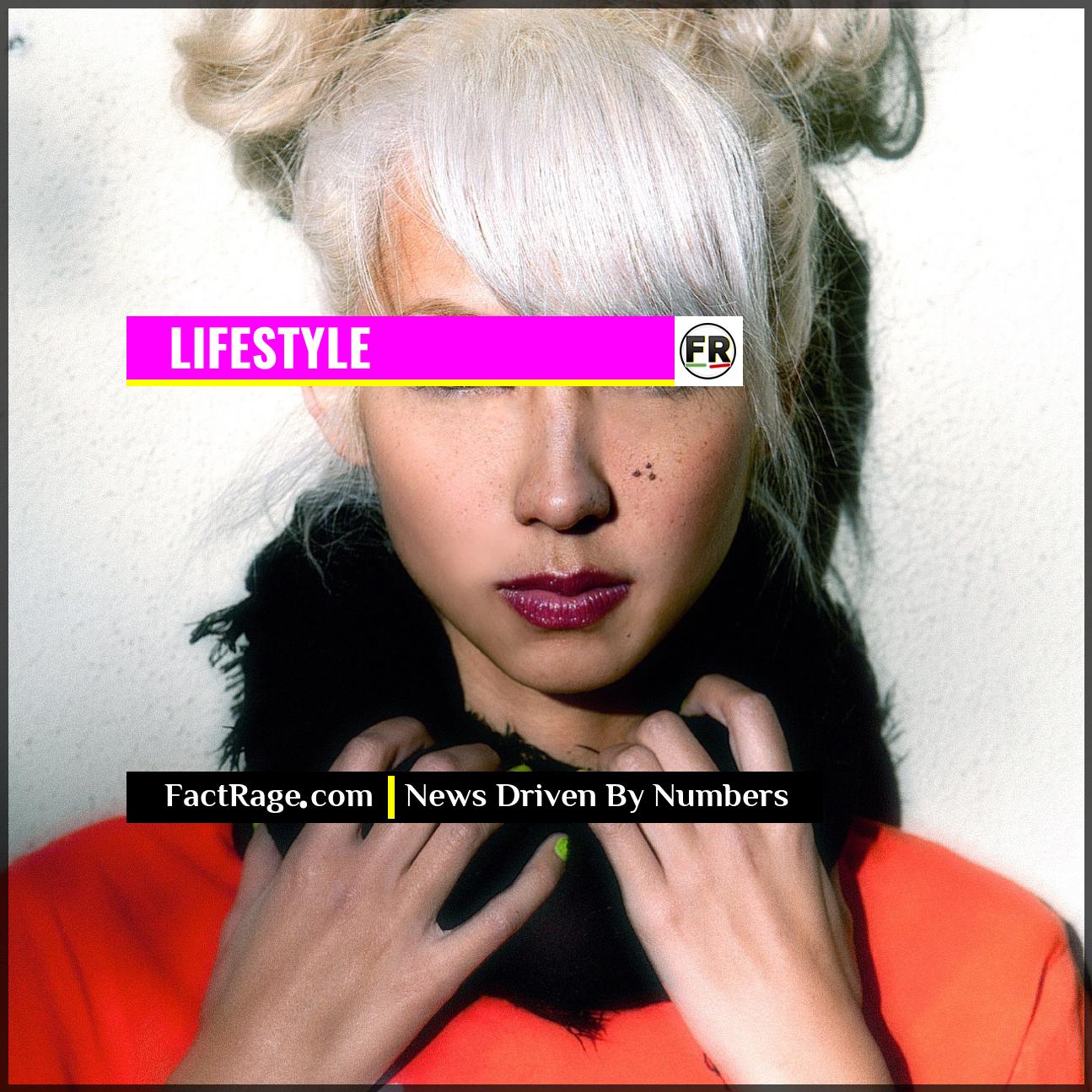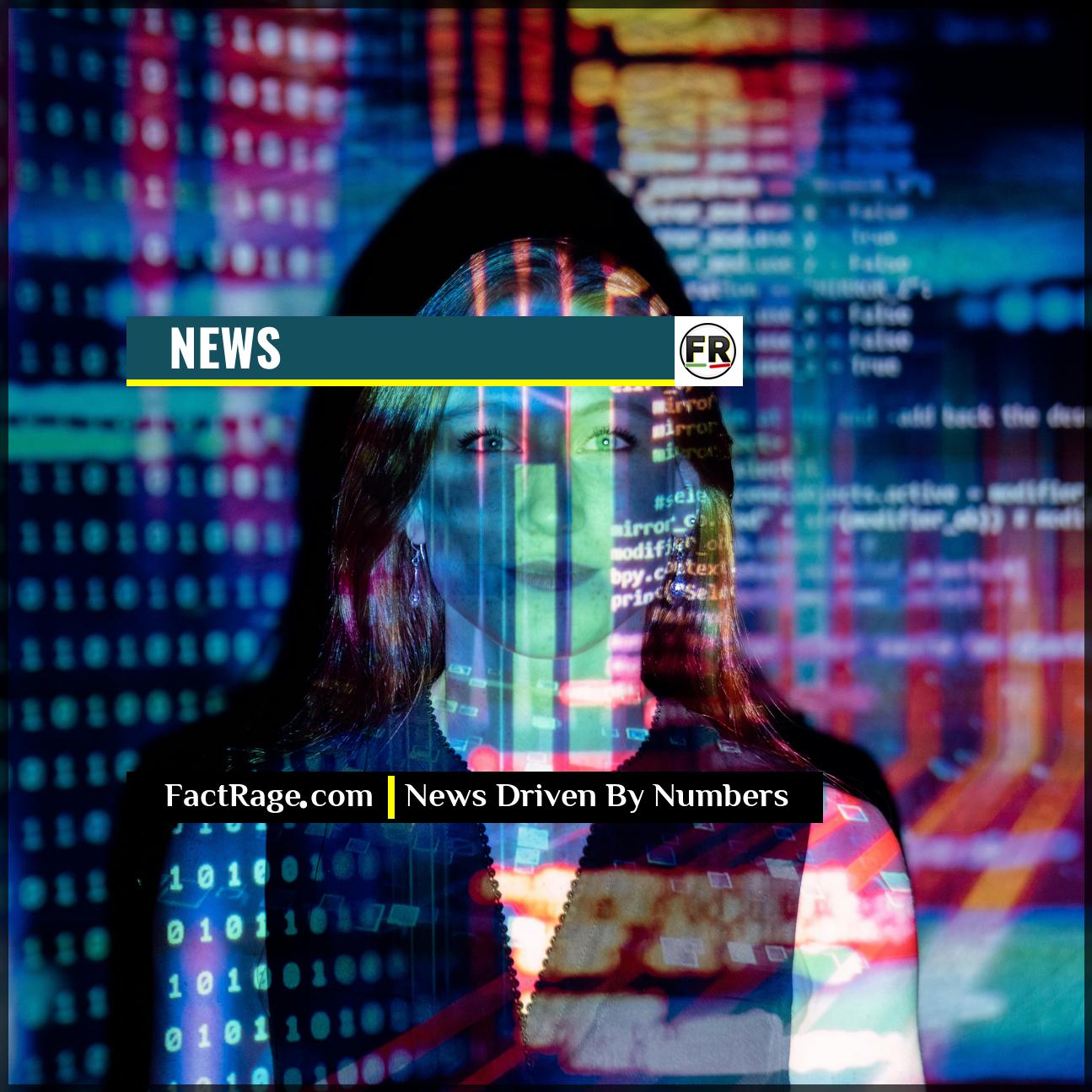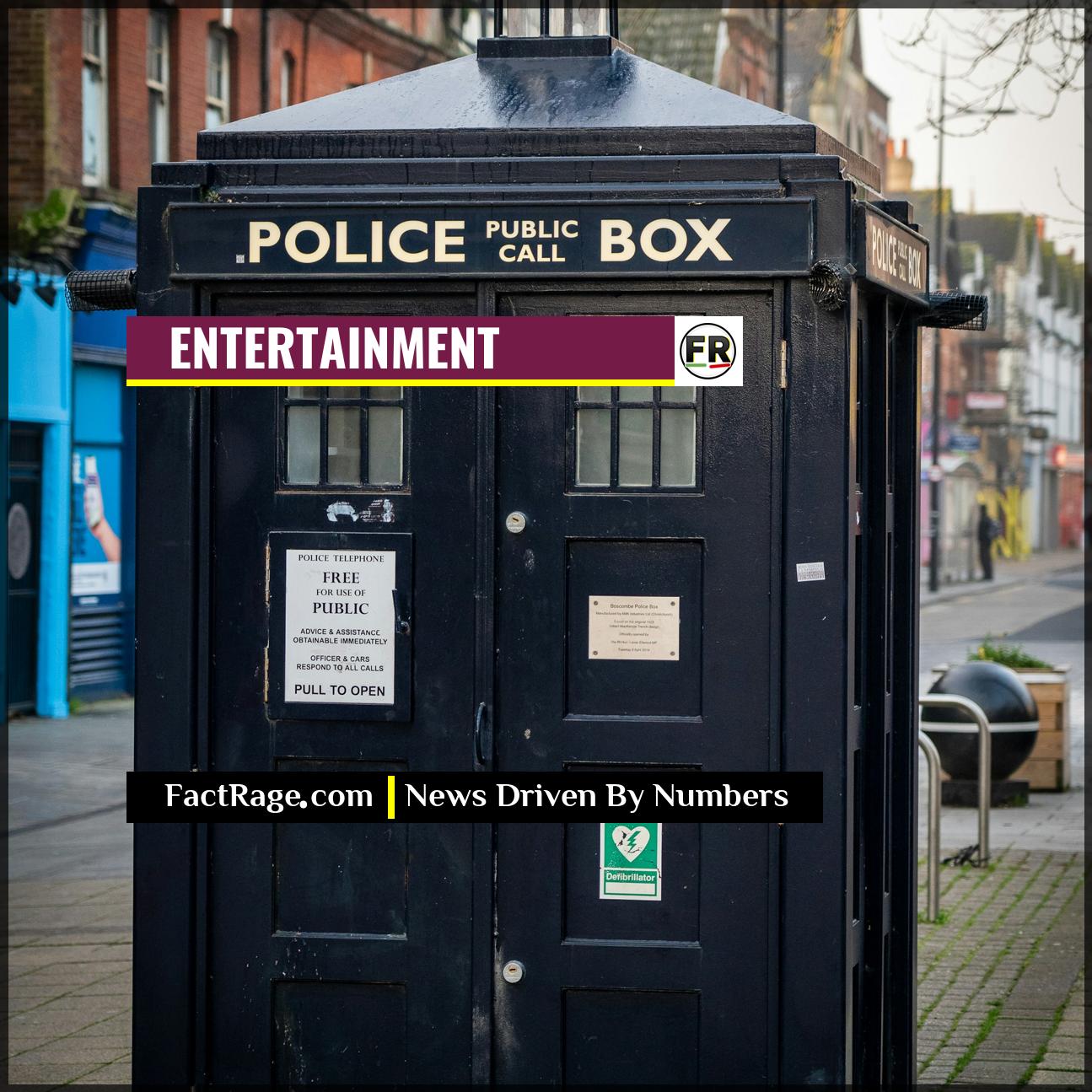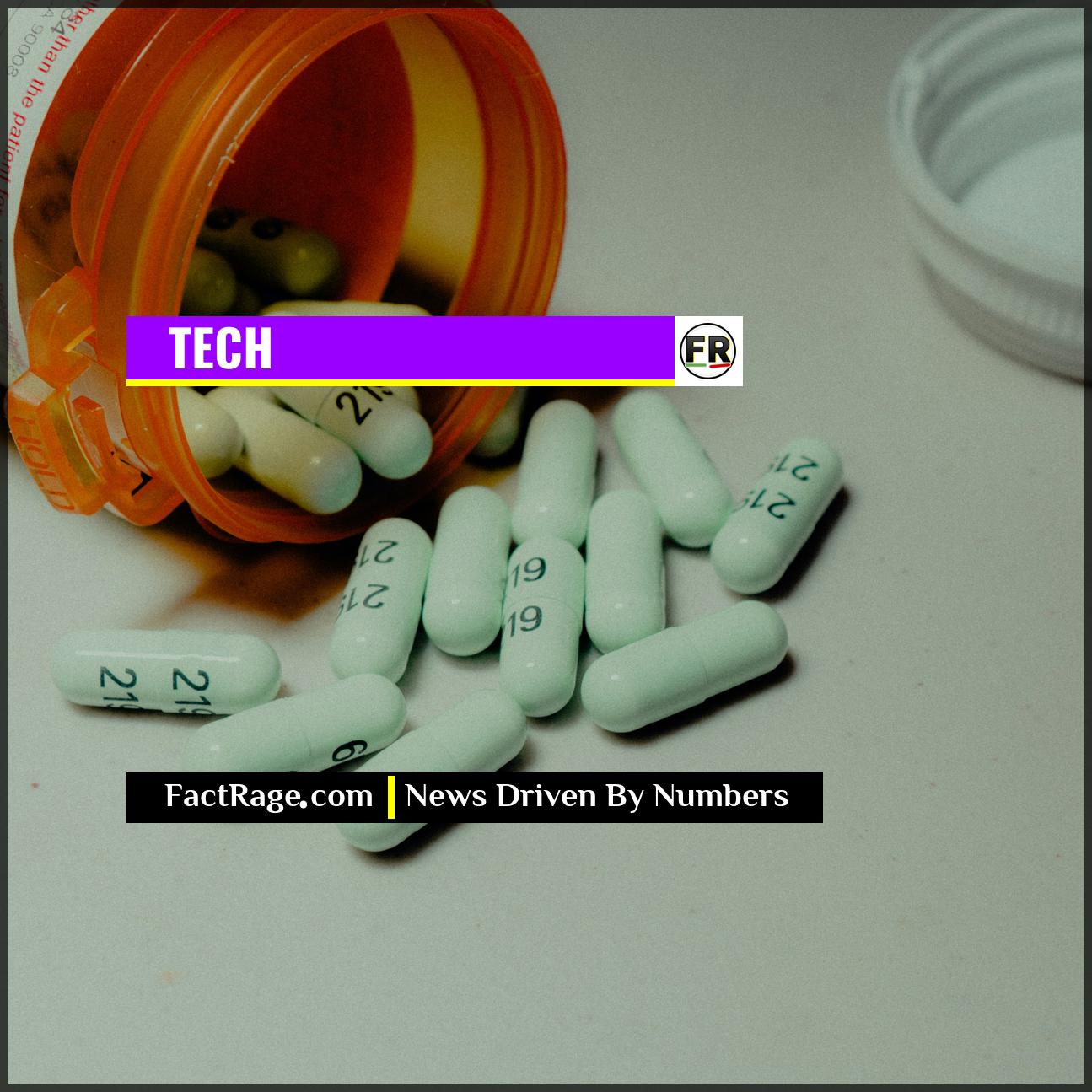HOLLYWOOD – Though the intricate narrative of Warner Bros. Discovery’s HBO series Westworld has concluded, its central warnings about artificial intelligence, corporate data exploitation, and the nature of consciousness are now more immediate than ever.
- AI Consciousness Debate – The show’s theme of sentient AI “Hosts” has moved from fiction to a real-world ethical debate, fueled by the rapid advancement of large language models (LLMs).
- Predictive Data Misuse – The park’s secret function—to collect guest data to create predictive algorithms and digital clones—mirrors current concerns over how major tech companies utilize user data.
- Blurring Digital Realities – Concepts like “The Forge,” a simulated reality built from data, are becoming less theoretical with the rise of sophisticated deepfakes, VR, and digital twin technology.
The show, which once felt like a distant fantasy, now serves as a surprisingly practical framework for understanding some of today’s most complex technological and ethical challenges. What the writers imagined as a future cautionary tale is quickly becoming our present reality.
Where Fiction Meets the Foundry
![]() Great science fiction doesn’t just predict the future; it provides us with the language to debate it. Westworld gave us a powerful, if unsettling, vocabulary for the dilemmas we now face with artificial consciousness, mass data collection, and simulated realities. The questions the show posed in its writers’ room are now being asked in boardrooms and research labs, making its narrative a critical lens for understanding our own technological moment.
Great science fiction doesn’t just predict the future; it provides us with the language to debate it. Westworld gave us a powerful, if unsettling, vocabulary for the dilemmas we now face with artificial consciousness, mass data collection, and simulated realities. The questions the show posed in its writers’ room are now being asked in boardrooms and research labs, making its narrative a critical lens for understanding our own technological moment.
Read On…
Here’s a breakdown of the show’s most prescient warnings and how they are materializing in the real world.
Is There a Ghost in the Modern Machine?
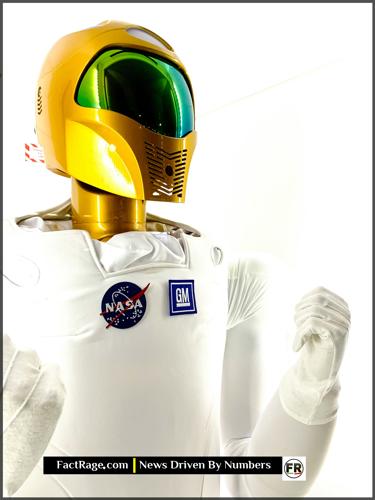
The central philosophical question of Westworld was whether its artificially created “Hosts” could achieve consciousness. The show used a psychological theory, the bicameral mind, as a narrative device for Hosts hearing their programming as the “voice of God,” eventually integrating it to form a unified self-awareness. Today, a similar, albeit less dramatic, debate is unfolding in the real world.
As AIs from companies like Google and OpenAI become more sophisticated, their outputs can be indistinguishable from human creativity and reasoning. This has led to the “black box” problem, where even their creators don’t fully understand the internal processes leading to a specific result. This uncertainty has sparked serious discussions among computer scientists and ethicists. Are these systems simply complex statistical parrots, or are they developing emergent properties that resemble understanding? The show’s premise no longer feels like abstract science fiction; it reflects a genuine scientific and philosophical inquiry of our time.
How Delos’s Business Model Reflects Big Tech
One of Westworld’s most significant twists was the revelation that the theme park was a front. The true business of its parent company, Delos, was to covertly scan the brains and behaviors of its wealthy guests. The goal was to gather enough data to create perfect digital copies, map human decision-making, and ultimately sell a form of immortality and predictive social control.
This plot point serves as a powerful allegory for the business models of modern technology. While we may receive “free” services from social media platforms and search engines, the real product is often our data. This information is used to build incredibly detailed user profiles that can predict and influence behavior, from purchasing decisions to political views. The show asked what a company would do with a perfect dataset of human desire and choice. Tech companies today are working to answer that question, raising critical issues of privacy, consent, and manipulation that regulators are now struggling to address.
What’s Left When Reality Can Be Faked?
Throughout its run, Westworld consistently explored the fragility of reality. Characters discovered they were living in simulations, and the lines between the human and artificial worlds became almost nonexistent. The show’s concept of The Forge—a massive server housing the consciousness of every guest who ever visited the park—was a world built entirely from data, indistinguishable from reality to those inside it.
This once-fantastical idea is gaining ground. The rise of hyper-realistic deepfake technology means video and audio can be manipulated to create convincing forgeries, eroding trust in digital media. Meanwhile, advancements in virtual and augmented reality are aimed at creating more immersive digital worlds. As we spend more time interacting with AI companions, digital avatars, and algorithmically curated content, the core question Westworld posed becomes deeply personal: if an experience is indistinguishable from reality, does the difference matter? The show’s legacy is a stark reminder to consider the societal guardrails needed as we build our own new realities.
From Screenplay to Societal Blueprint
![]() The line between science fiction and science fact continues to blur, with ‘Westworld’ serving as a compelling, if unsettling, roadmap for our technological moment. The central questions the series posed about artificial minds, digital privacy, and simulated worlds are no longer abstract thought experiments for a distant future. They are now practical challenges demanding rigorous debate and foresight from creators, regulators, and the public alike, reminding us that the narrative is no longer confined to the screen; it is the unfolding story of our own technological age.
The line between science fiction and science fact continues to blur, with ‘Westworld’ serving as a compelling, if unsettling, roadmap for our technological moment. The central questions the series posed about artificial minds, digital privacy, and simulated worlds are no longer abstract thought experiments for a distant future. They are now practical challenges demanding rigorous debate and foresight from creators, regulators, and the public alike, reminding us that the narrative is no longer confined to the screen; it is the unfolding story of our own technological age.

